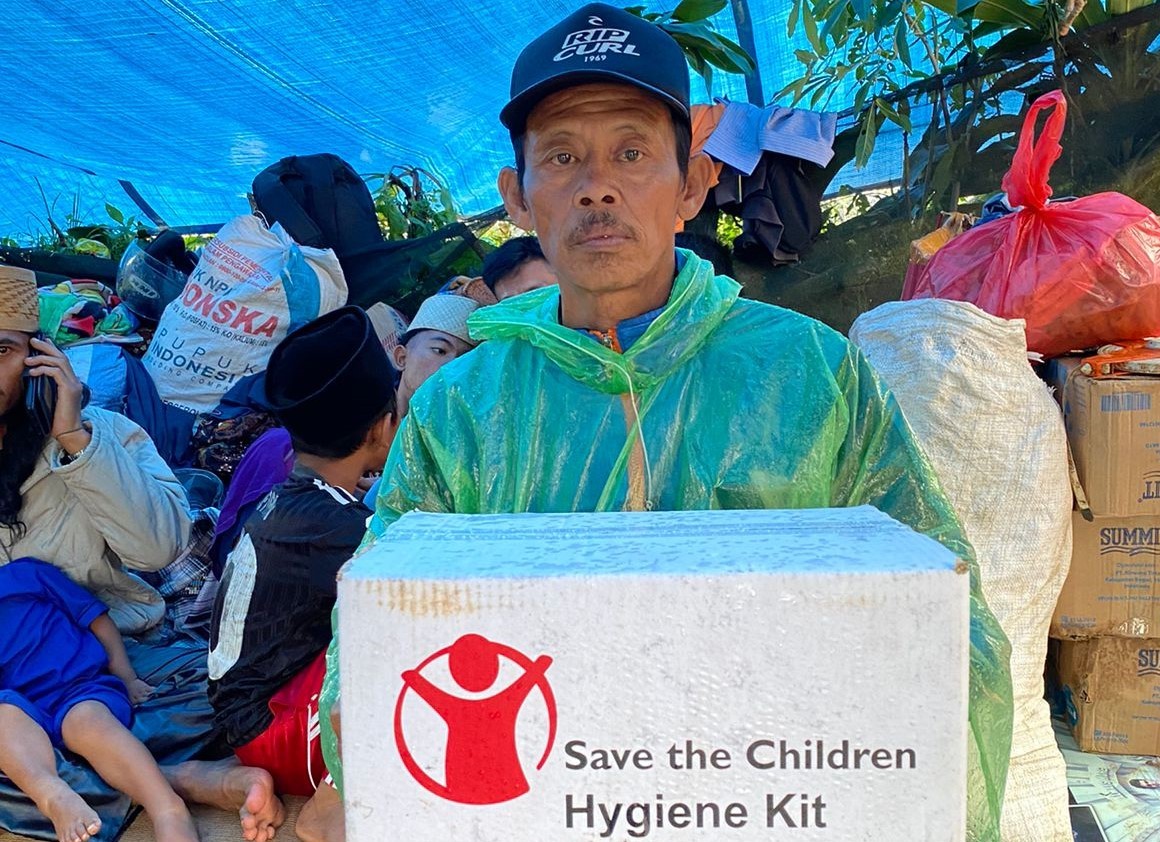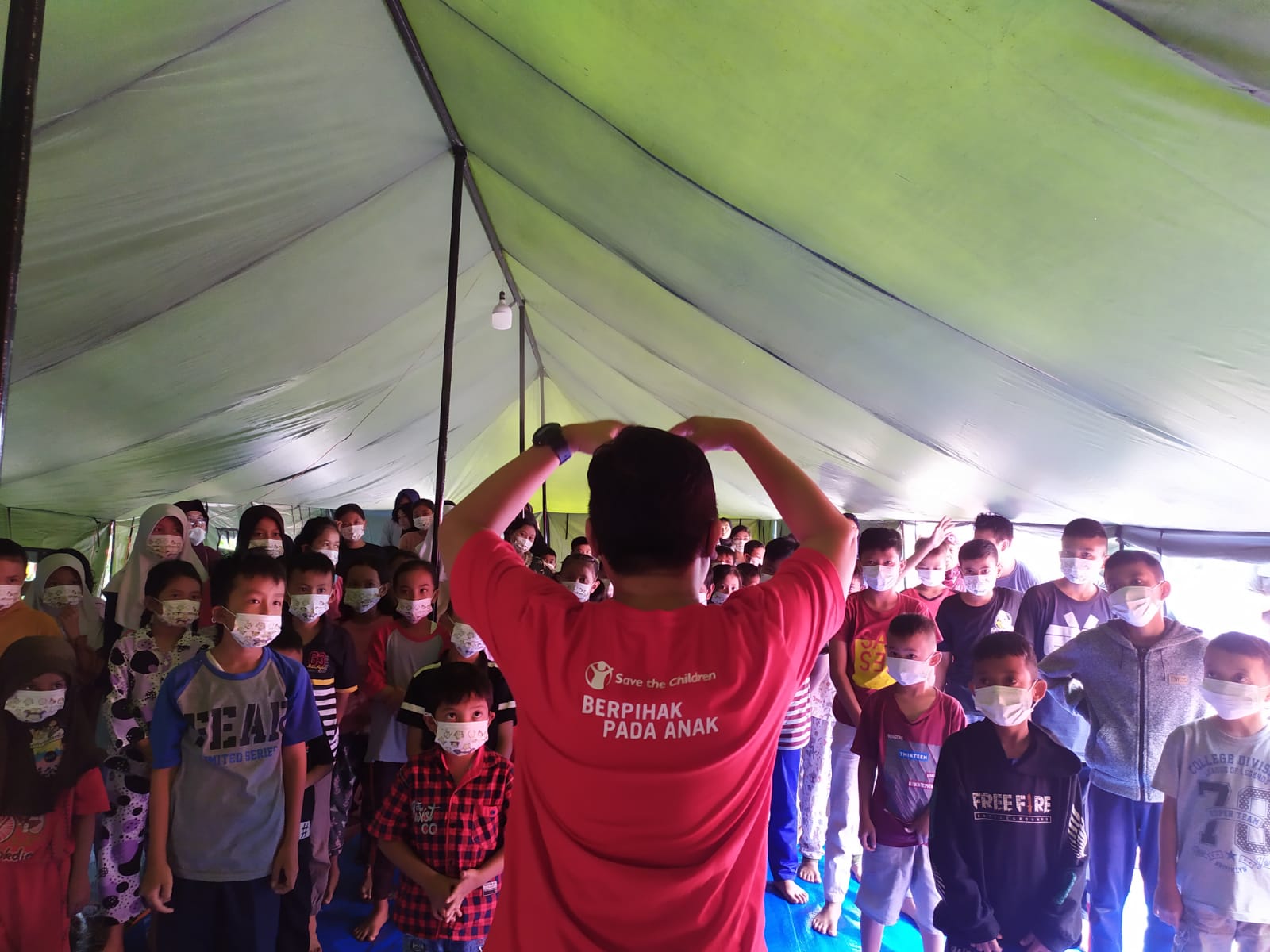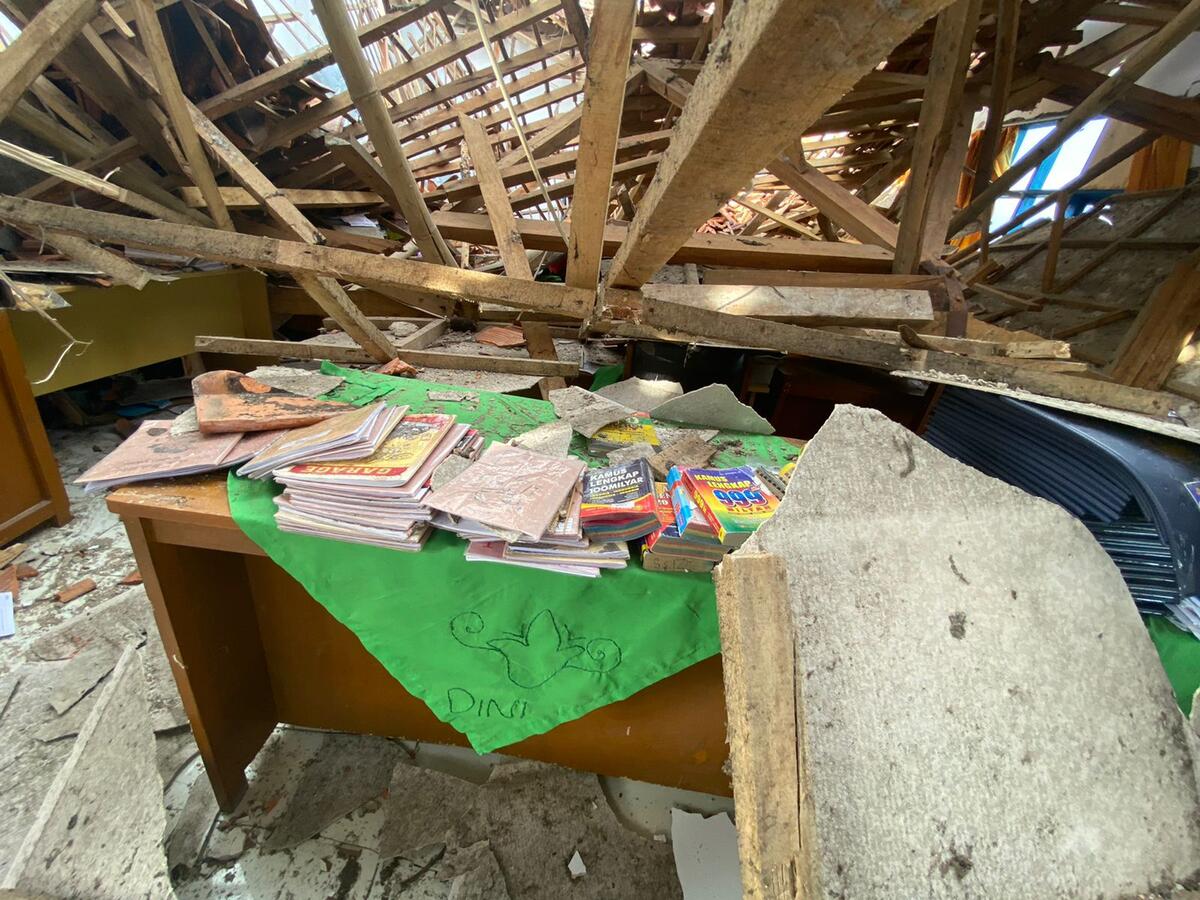


At least 100 children were on Wednesday confirmed to have died after a powerful earthquake hit Indonesia this week – accounting for about a third of all fatalities – with the race on to find any remaining survivors and to provide shelter and emergency supplies for families left homeless, Save the Children said.
The National Disaster Management Agency (BNPB) said on Wednesday that the death toll from Monday’s earthquake at Cianjur in West Java had risen to 271, of which 37% were children. There was also more than 2,000 people injured and about 62,000 displaced.
Save the Children said aid organisations were working around the clock alongside government responders, military personnel, and thousands of volunteers. battling rain and landslides, with dozens of people still unaccounted for. On Wednesday a six-year-old boy was uncovered in the rubble of his house after surviving for two days next to the body of his grandmother.
“There are workers trying to clear rubble and search for any survivors, especially in two of the hardest to reach sub districts which experienced landslides and aftershocks, blocking off these locations,” said Fadli Usman, Response Team Leader for Save the Children Indonesia.
“The weather is not on our side with torrential rains making the landslides worse and many roads impossible to pass. Many villages are still impossible to reach by road and need to have urgent action on this blocked road.”
Save the Children said it was ready to distribute more tents and hygiene and shelter kits to displaced families and also to provide psychosocial support to children who were left terrified by the damage caused by the 5.6 magnitude earthquake and aftershocks. It is also setting up child friendly spaces with toys and other activities for children in five locations around Cianjur.
Many of the children who died in the earthquake were school students who had finished their classes for the day and were taking extra lessons at Islamic schools when the buildings collapsed, West Java governor Ridwan Kamil said. Cianjur is known for having many Islamic boarding schools.
Ramelan*, aged 7, had returned from school and was at home when the earthquake struck shortly after lunchtime on Monday. His home was severely damaged, and he is now leaving in a temporary shelter.
“I was shocked when the earthquake happened. I just hugged tight to my brother. I am afraid and I don’t know what I have to do if there is more shocks,” he said.
About 80 schools were damaged, with roofs caving in and walls collapsing. Many children were still at school as it was the middle of the day.
Ayu*, 56, a maths teacher, was teaching in a school in Cianjur when the earthquake hit.
“I was standing at the front of the class and then I heard a lot of people screaming. Everyone said run, leave the room. I thought all the children had left the classroom but it turned out that there was still one child who was left behind, he was sick, so I picked him and ran. Only a few seconds later, our school walls collapsed in front of us. We were so shocked, everyone screamed and cried. As teachers we tried to calm the children down but they were really shocked. They need psychosocial support as soon as possible, they were really scared. The worst is some of them may also have to face the loss of their parents.”
Indah*, a mother of two who is aged 28, said her home had collapsed.
“My 8-month-old baby is sick now. She has a fever and a cough and I won’t be able to access any healthcare since is too far away and I don’t have any money or a motorcycle. We really need diapers, medicine for my children and food. I do hope for help to rebuild my home as soon as possible.”
Save the Children has been operating in Indonesia since 1976 and works in 19 of 38 provinces on humanitarian responses and programmes linked to education, health and nutrition, child protection and poverty.
*Names have been changed
***
NEW image download:
https://drive.google.com/drive/folders/1YFYd2EK2eJ_t94EvlSFZ0C_oeQVdIgjA?usp=share_link
